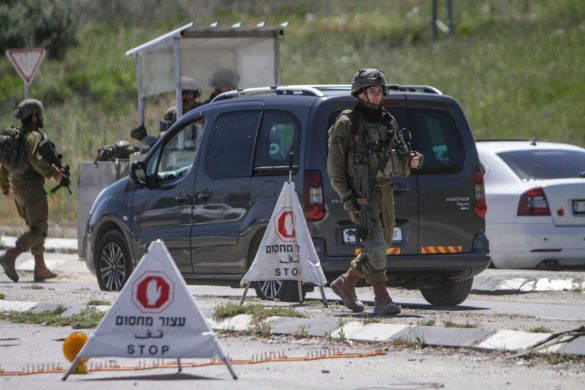Af Jan Øberg, TFF
Både regeringen og oprørerne kvæler det syriske civilsamfund og de vestlige medier gør ikke sagen bedre ved udelukkende at fokusere på at rapportere om kampene mellem de to parter. Sådan lyder det fra unge intellektuel syrer.
Sinbad is in his mid-20s and he took up studies in Europe before his native Syria began falling apart in senseless violence. He used to live in Damascus, his father being an officer in the Syrian Army but retired well before hell broke loose.
Sinbad is one of his country’s many young intellectuals, extremely knowledgeable about international, regional and national politics and also a man who, from a distance, has done what he possibly could to maintain links with his society – which is not just Syria but civil society.
Among other things he established a website on which everybody could dialogue freely under one condition: that they advocate political and other civil strategies and tools and no violence or expressions of hatred. It turned out to be very difficult to maintain such a website.
Today he is disillusioned. He did not have the slightest hunch that the Arab Spring would be turning into a violent winter in such a short time. His family has been forced to flee to a far-away village, he himself can not go home.
Sinbad is at least as much disappointed – if not angered – that so many of his fellow citizens have taken to the quick fix idea of violent struggle against the regime and have only managed that way to make everything worse – for all society, that is.
Eager as I am to understand better the civil society dimension of this conflict, I readily grasp the chance to sit down with him in a café in Amsterdam and start out asking him:
Q: Over the last few years Western media have covered basically the violence – both by the al-Assad regime and by the rebels. Do you feel that civil society has been under-covered, so to speak?
Sinbad: Absolutely! Western media has consistently ignored the millions who would not dream of touching a gun and even keep social functions and relations going on a daily basis, including help each other.
What the media tell you is far from the whole truth. The silent – big – majority is silent, not given a voice and they are now hiding behind their doors.
I started the website with a view predominantly to help students express themselves – you know, they do have higher education and may be more able to see solutions than many other groups.
But there has been repeated attacks on both students and universities – many people with guns in their hands are afraid of intellectuals – and with everything that has happened and the brutality we have seen, the frustration is now unbelievably widespread.
Citizens can hardly even imagine that there may – or must! – once again be a peaceful Syria.
Q: But they once tried various actions?
Sinbad: Oh yes, there were many – demonstrations and symbolic actions, such a pouring red paint in a fountain on a square to protest the bloodshed.
But you can hardly do anything before you are arrest or thrown out of the place, either by the government forces or by the rebels. Over time the courage to act has dissipated and you can say that civil society has gone hiding.
I myself find it so sad but I also have to recognise that it is easier for me – being out of Syria – to see ways out than it is for people my age back home. The fear is much higher, the hopes much lover. War influences the mind to an incredible extent.
In the beginning there were lots of small, dispersed actions everywhere, but – well, it’s over. And it is the same – in the regime held areas you’ll be arrested by the regime police and the rebels will do the same in areas they control. No difference – and that is why civil society literally cannot exist in public.
The escalation of violence – also thanks to all the violent means and ammunition that has flowed into the rebel side of Syria – long ago made civil society activity impossible.
The hope has been crushed brutally by both sides. There is no space, simply. Even the word peace is impossible. You can’t use it. Propaganda has killed it and without hope there is no vision of peace.
Q: Could what is euphemistically called the international society have done it differently?
Læs resten af interviewet på Transnational.org
Transnational Foundation for Peace and Future Research (TFF) er en tænketank, der beskæftiger sig med freds-spørgsmål og fredsforskning. TFF er baseret i Lund, Sverige og ledes af danske Jan Øberg.
Læs mere om TFF: http://transnational.org/















